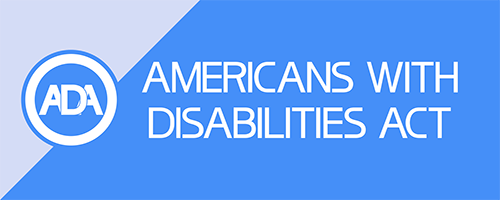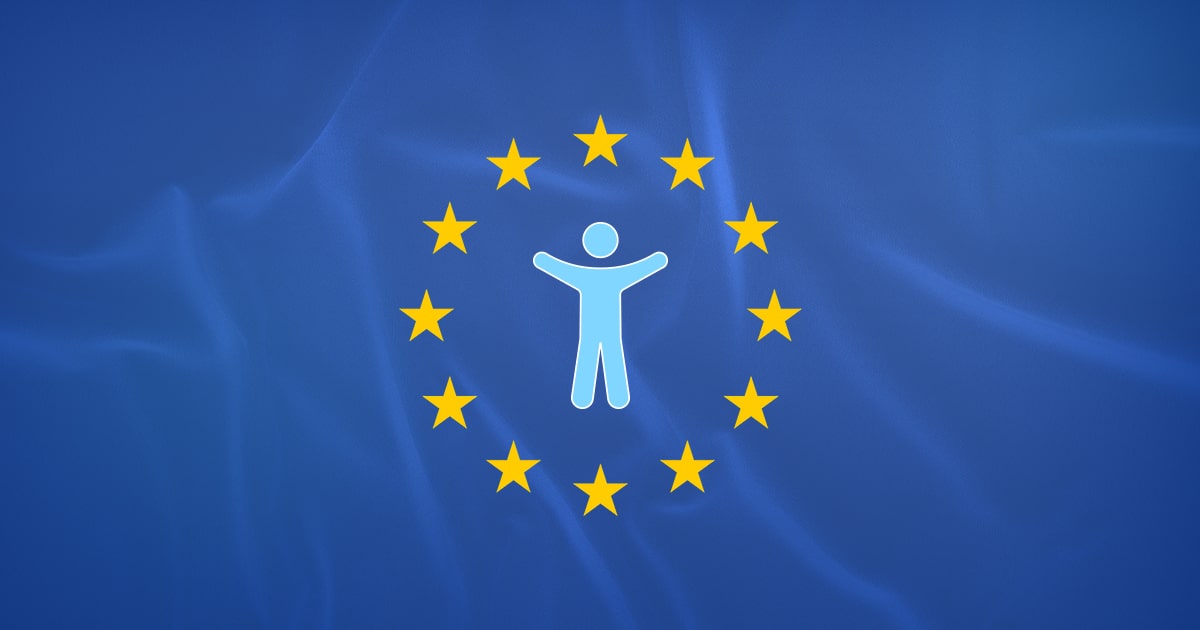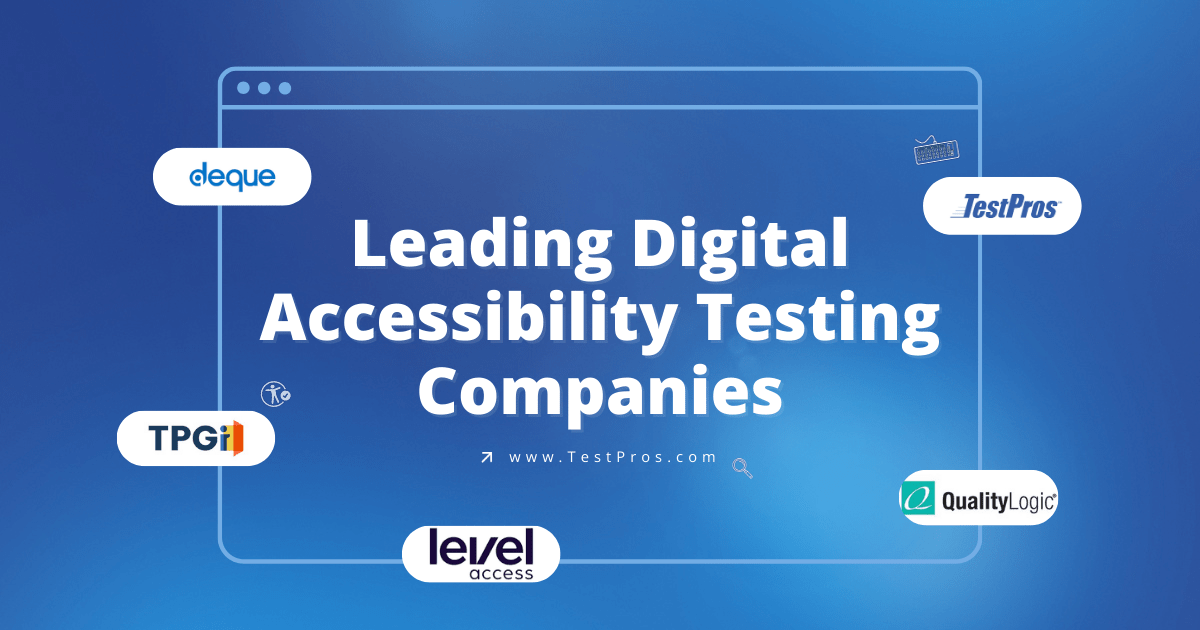Section 504 of the Rehabilitation Act of 1973 is a civil rights law that prohibits discrimination against individuals with disabilities, specifically within organizations that receive federal funding, such as public educational institutions, private and public business entities, and State and local governments.
Section 504 applies to a broad range of Information and Communication Technologies (ICT), including software, hardware, electronic content, and support documentation and services. Further, failure to comply with Section 504 may lead to a variety of enforcement actions, including EEOC complaints, lawsuits, and more.
Who Needs to be Compliant with Section 504?
Section 504 applies to a diverse range of entities, many of which are not aware of their legal obligations. To put it simply, “if your organization receives federal funding or assistance, your website is required to be accessible”. More specifically, per 29 U.S. Code § 794(b), the requirements apply to entities in receipt of Federal financial assistance, including:
- State and local government departments, agencies, and other instrumentalities of them
- Colleges, universities, or other postsecondary institutions, or public system of higher education
- Public elementary and secondary schools
- Corporations, partnerships, or other private organizations, or an entire sole proprietorship
However, it is important to bear in mind, that Section 504 requires Executive agencies responsible for administering federal funding to develop their own guidance. As an example, the Department of Education’s guidance may be found here.
Who Does Section 504 Accommodate?
Section 504 is intended to prohibit discrimination against individuals with disabilities, specifically as it relates to, “the participation in, be denied benefits of, or be subjected to discrimination under any program or activity receiving Federal financial assistance”.
Per 29 U.S. Code § 705(20), the term “individual with a disability” includes any individual who have a known, “physical or mental impairment which for such individual constitutes or results in a substantial impediment to employment”[3]. However, per 29 U.S. Code § 705(20)(C), some exclusions may apply.
For the individuals included in the above descriptions, reasonable accommodations may need to be made. A reasonable accommodation is a change, adaptation, or modification to a policy, program, service, or workplace which will allow a qualified person with a disability to participate fully in a program, take advantage of a service, or perform a job. Determining whether a request for an accommodation is reasonable is typically handled on a case-by-case basis, but typically depends on two factors:
- Does the request impose an undue financial and administrative burden?
- Does making the accommodation require a fundamental alteration in the nature of the provider’s operation(s)?
What Information and Technologies Must Meet Section 504 Requirements?
Typically, Section 504 applies to a broad range of ICT, including software, hardware, electronic content, and support documentation and services. Examples of ICT encompassed under Section 504 includes, but is not limited to:
- Websites and web-based content (Internet & Intranet)
- Microsoft Office and PDF documents
- Authoring tools (e.g., Microsoft Office, Acrobat, InDesign, etc.)
- Operating systems, browsers, and collaboration environments
- Software as a Service (SaaS), Platform as a Service (PaaS), and Infrastructure as a Service (IaaS)
- Hardware such as computers, servers, tablets, printers, copiers, and scanners
- Help desks or call centers, training services, and product documentation
- And more…
Why Does Section 504 Compliance Matter?
Compliance with Section 504 matters for several reasons, each of which can have a significant impact on your organization. Some of the key consequences of noncompliance includes, but is not limited to:
- Exclusion of qualified employees or other consumers of covered technologies (e.g., students, housing residents, families, etc.)
- Discrimination against individuals with disabilities
- Equal Employment Opportunity Commission Complaints
- Civil lawsuit(s)
- Violation of state and or federal law(s)
- Negative publicity
Enforcement of Section 504 can differ depending on the Executive federal agency administering the funds, as well as depending on the way the violation(s) are reported. Enforcement mechanisms includes but is not limited to: The Department of Justice Civil Rights Division, Federal courts, and the Equal Employment Opportunity Commission.
What Accessibility Standards Are Used for Section 504 Compliance?
The answer to this question is a little less clear in the case of Section 504 than it is for Section 508. In the case of Section 508, the standard established via the United States Access Board is unambiguously WCAG 2.0 A and AA. With Section 504, there is no specific requirement which has led to confusion for organizations in the past.
In 2016, the Department of Justice attempted to clarify the Section 504 website accessibility compliance requirements via a proposed rulemaking action. In the proposed rulemaking it was stated that, “the Department is considering proposing WCAG 2.0 Level AA as the accessibility standard that would apply to Web sites and Web content of title II entities”.
However, as of December 26th, 2017, the proposed rulemaking was withdrawn and organizations are left with being told they must comply, but not given guidance as to how. While the lack of clarification can be problematic, it also provides for flexibility in relation to achieving compliance. In addition, despite the flexibility, it is typically recommended the success criteria in WCAG 2.0 AA be met or exceeded.
TestPros is Your Compliance Solution
As you can see, Section 504 compliance can be complicated to understand, let alone achieve.
TestPros offers full life-cycle services for accessibility compliance, to include but not limited to: initial accessibility assessments / audits, accessibility regression testing, integration of automated testing solutions in CI/CD pipelines, remediation of non-compliant ICT, training, and more.
To learn more about our accessibility services, contact us or check out our services page!




